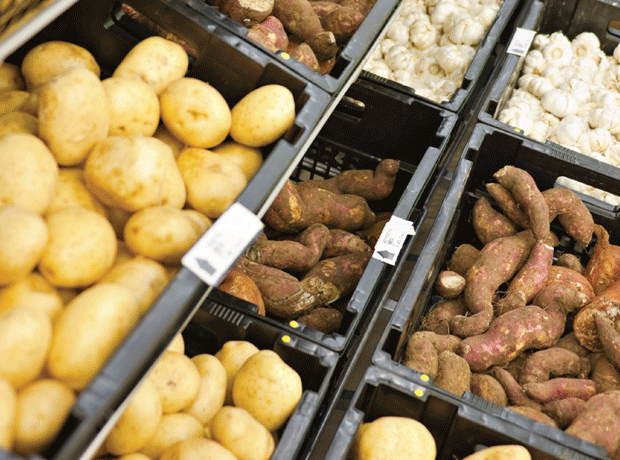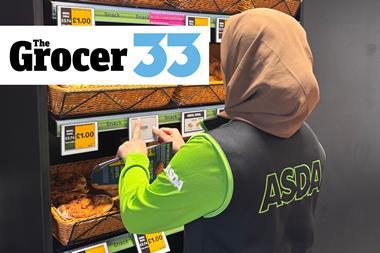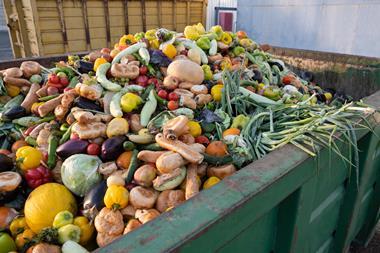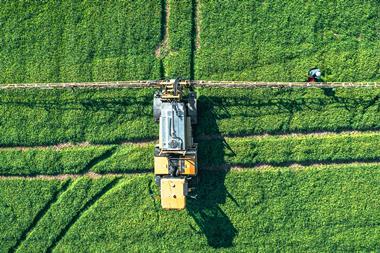The full extent of the damage wreaked by this year’s bad weather on the UK’s cereal production is becoming clearer, with new Defra figures suggesting wheat production is down 13% on last year.
The department’s first estimate of crop harvests for 2012 – calculated based on findings from June and released today – forecasts a UK wheat harvest of 13.3 million tonnes, driven down by a 14% reduction in yield to 6.7 tonnes per hectare which failed to be offset by a 1.2% increase in planted area to 2 million hectares.
Wheat yields had suffered as a result of the poor weather this year, Defra said in its report. “[This] led to high levels of disease during spring and summer along with low sunlight levels during the grainfill period,” it added.
Defra is also expecting a 7% year-on-year drop in the UK’s production of oilseed rape – to 2.6 million tonnes – following a 13% reduction in yield to 3.4 tonnes per hectare. “Yields have suffered in comparison to the very high yields of 2011, primarily as a result of wind and rain flattening the crop in the run up to the harvest, and low sunlight levels during pod fill,” Defra said.
There was better news for barley, with production expected to come in only 0.6% below 2011 levels, at 5.5 million, and yield dropping by a comparatively modest 2.7% to 5.5 tonnes per hectare.
Weather-related problems with cereals production not only in the UK but around the world have sparked fears about soaring food and feed prices in recent weeks. The UN has warned the poor grains harvest in the US this year could spark a major food crisis in 2013, as grain reserves drop to their lowest level since the mid-1970s.
Defra also published estimates of the UK’s cattle populations. At 9.9 million, the total number of beef and dairy cattle had stayed largely the same between 2011 and 2012, Defra said, although beef numbers specifically had dropped by 1%.
Pig numbers were up by 0.9% to 4.5 million, according to Defra’s estimates, but the department warned this trend could soon reverse. “Recent high feed and input costs may start to impact on returns and some destocking is expected, which may have more impact later in 2012,” it said.
Sheep and lamb numbers were up also up by 0.9% year-on-year, to 32 million, driven up by a mild winter, good feed availability and strong demand for exports.
Final results for 2012 on harvests and cattle numbers will be published by Defra on 20 December.



















No comments yet